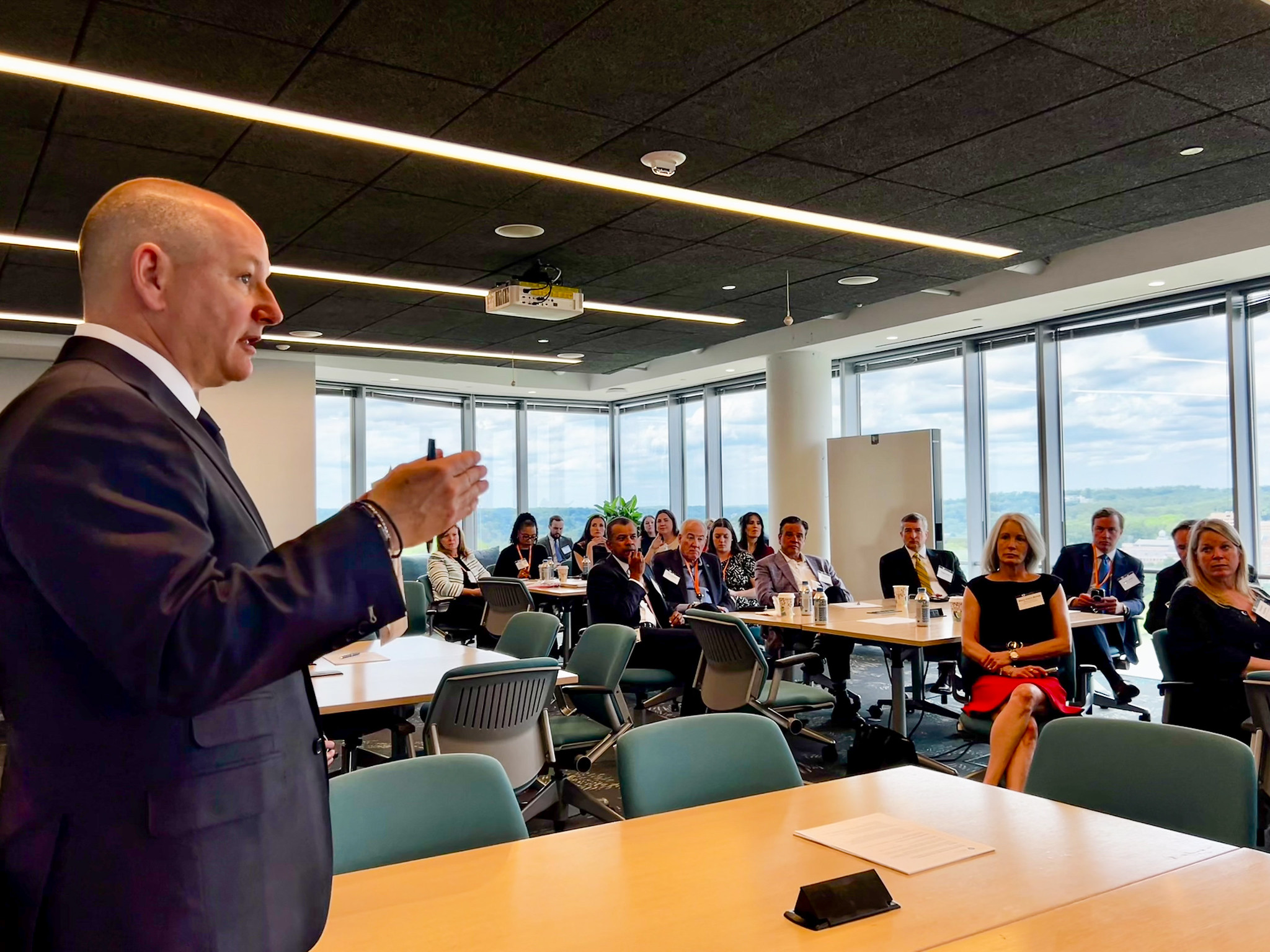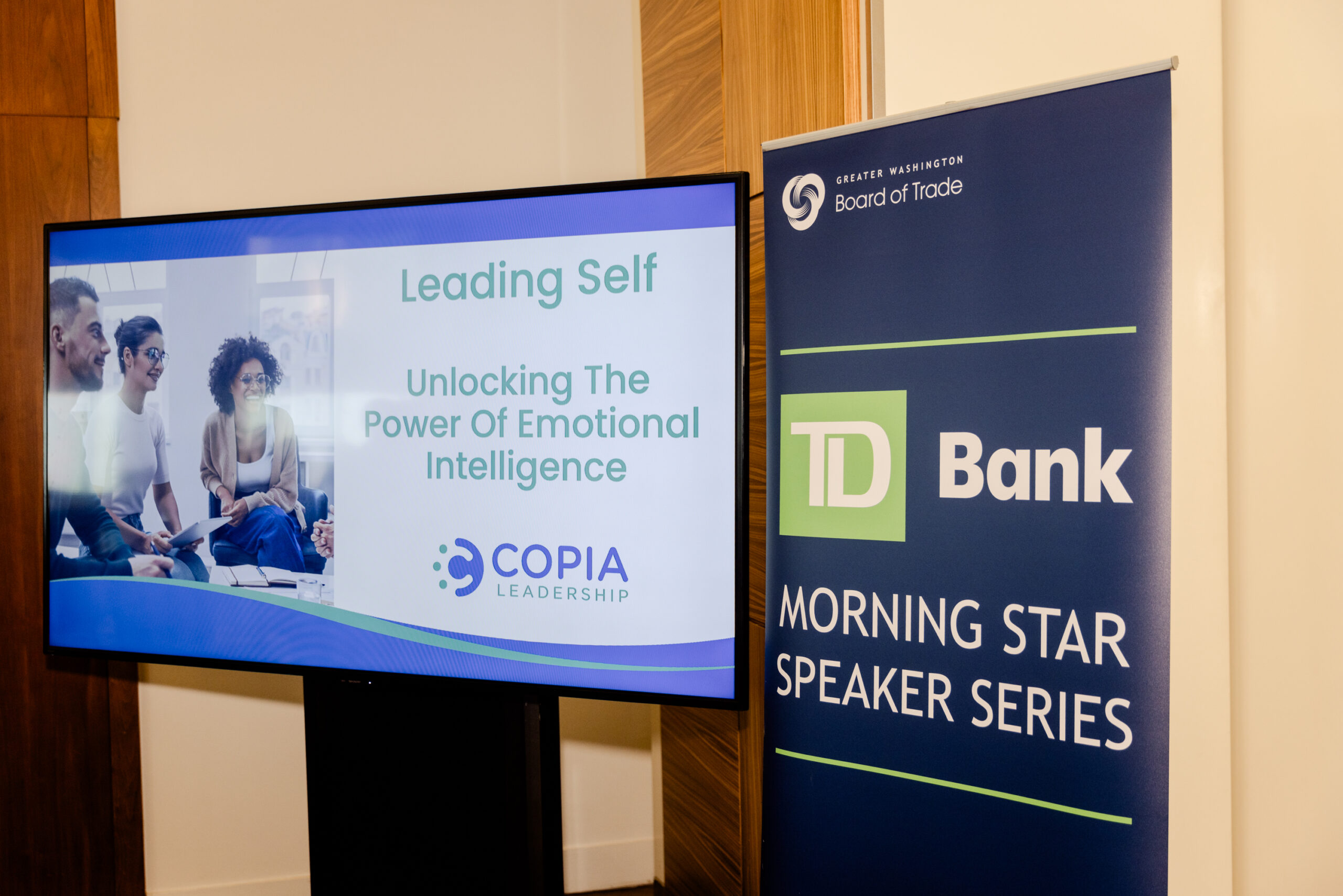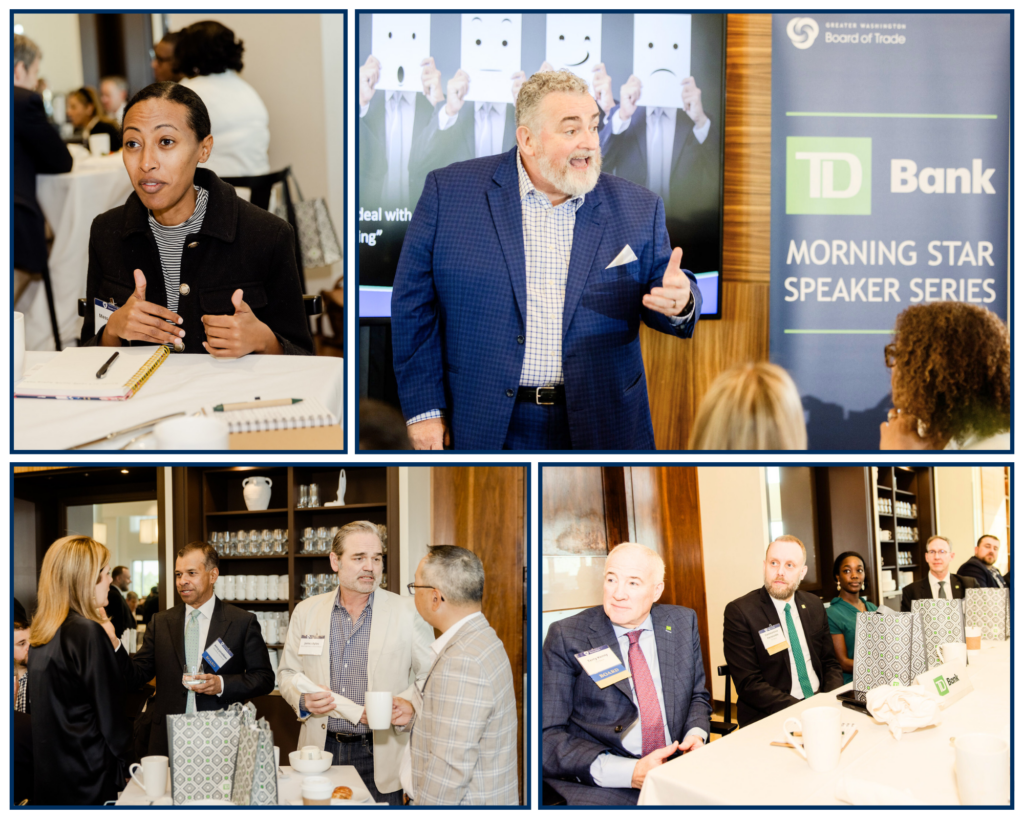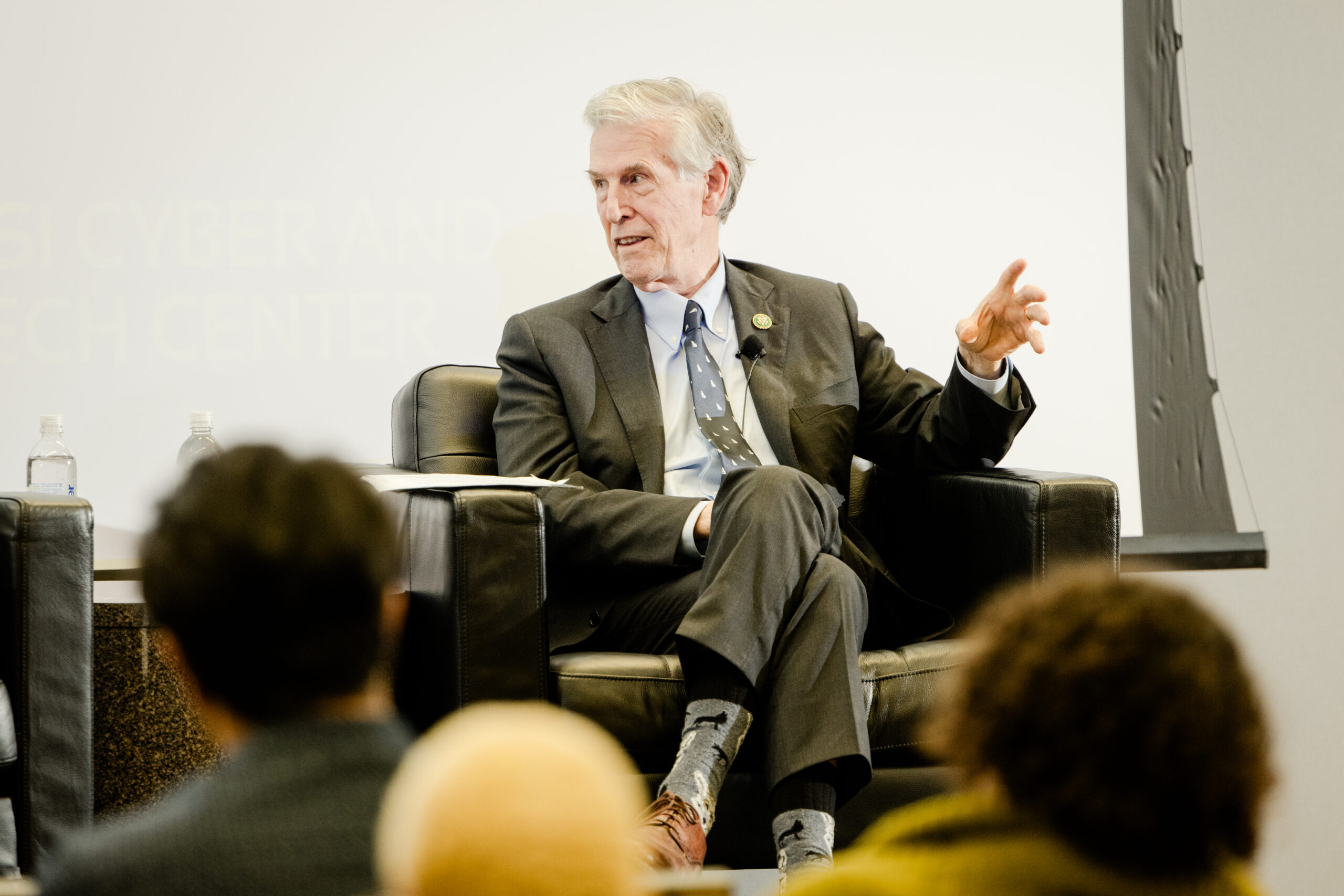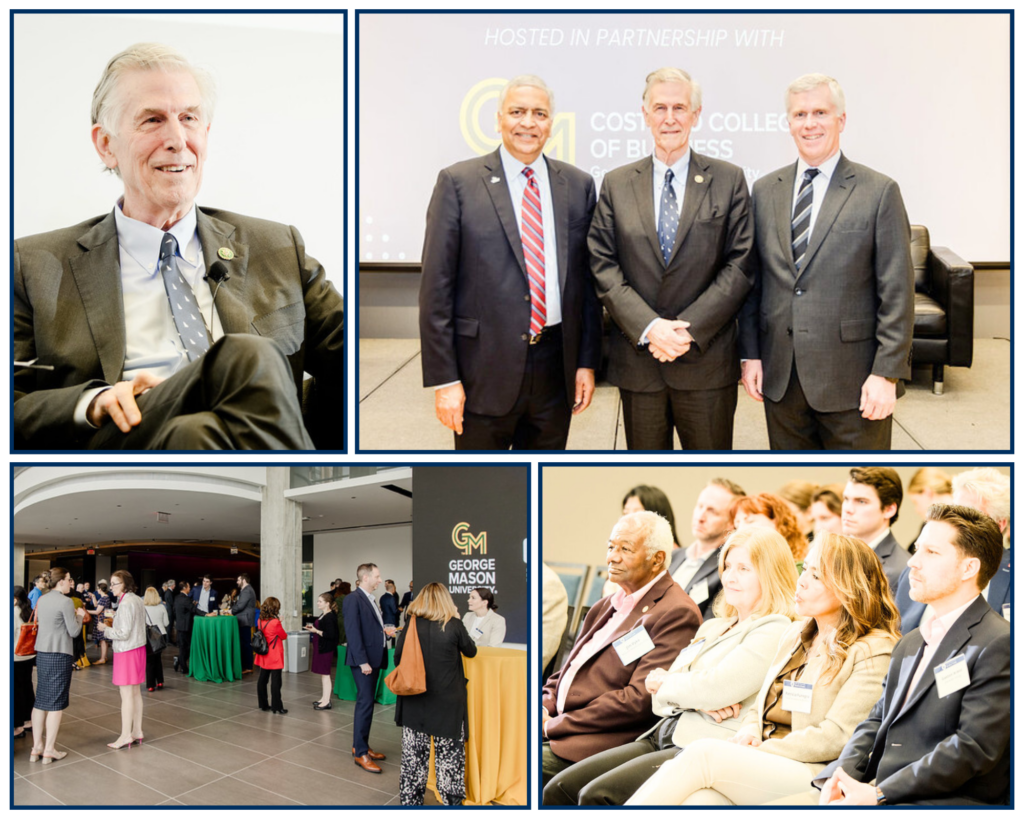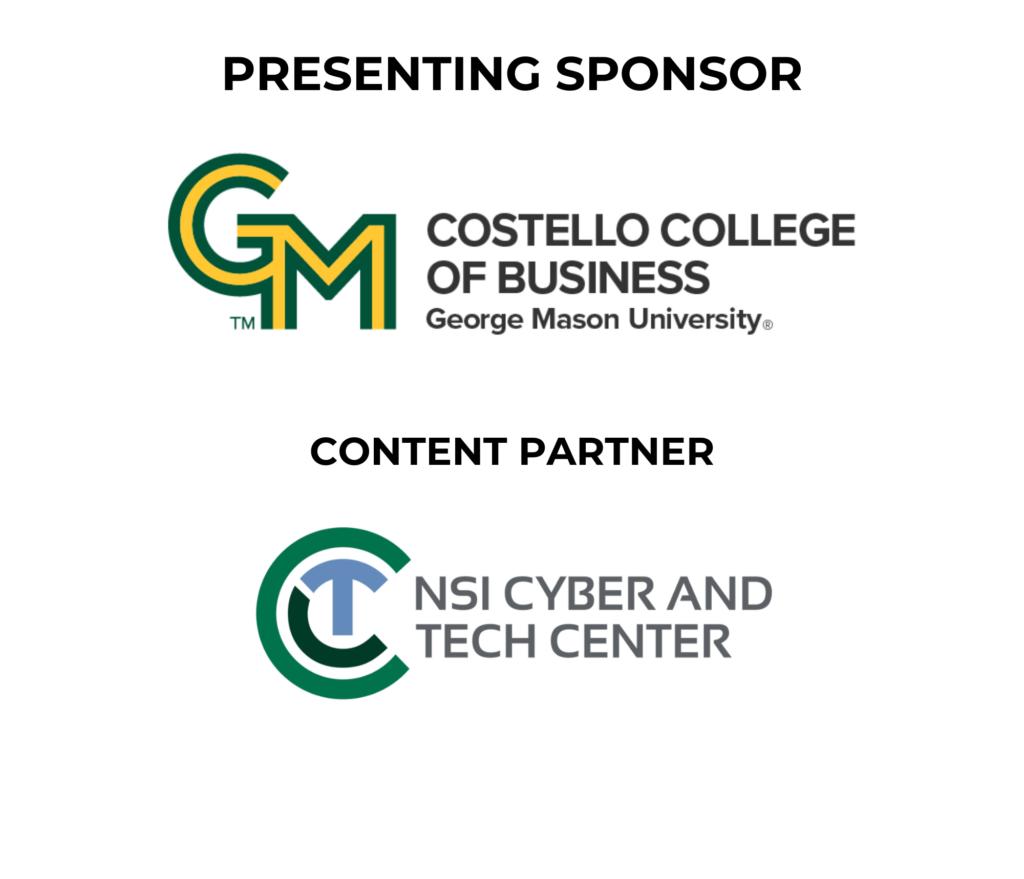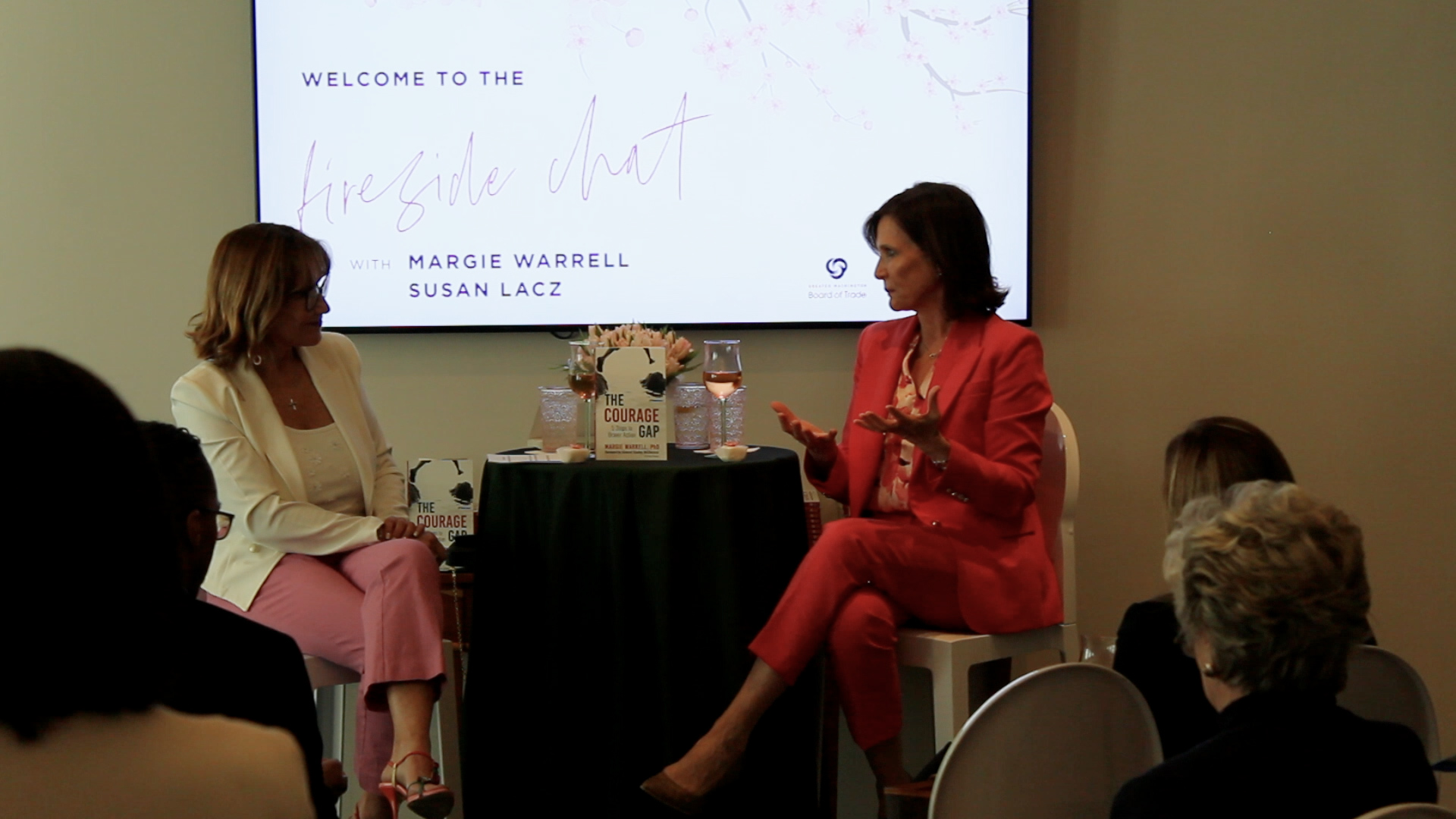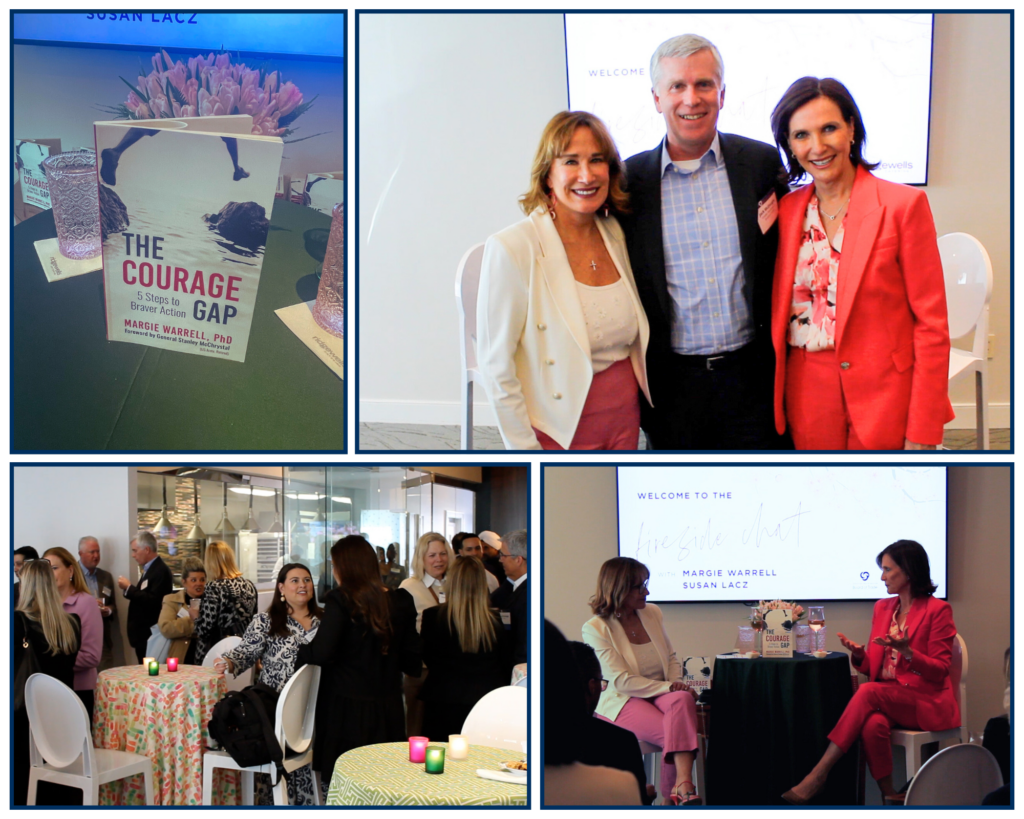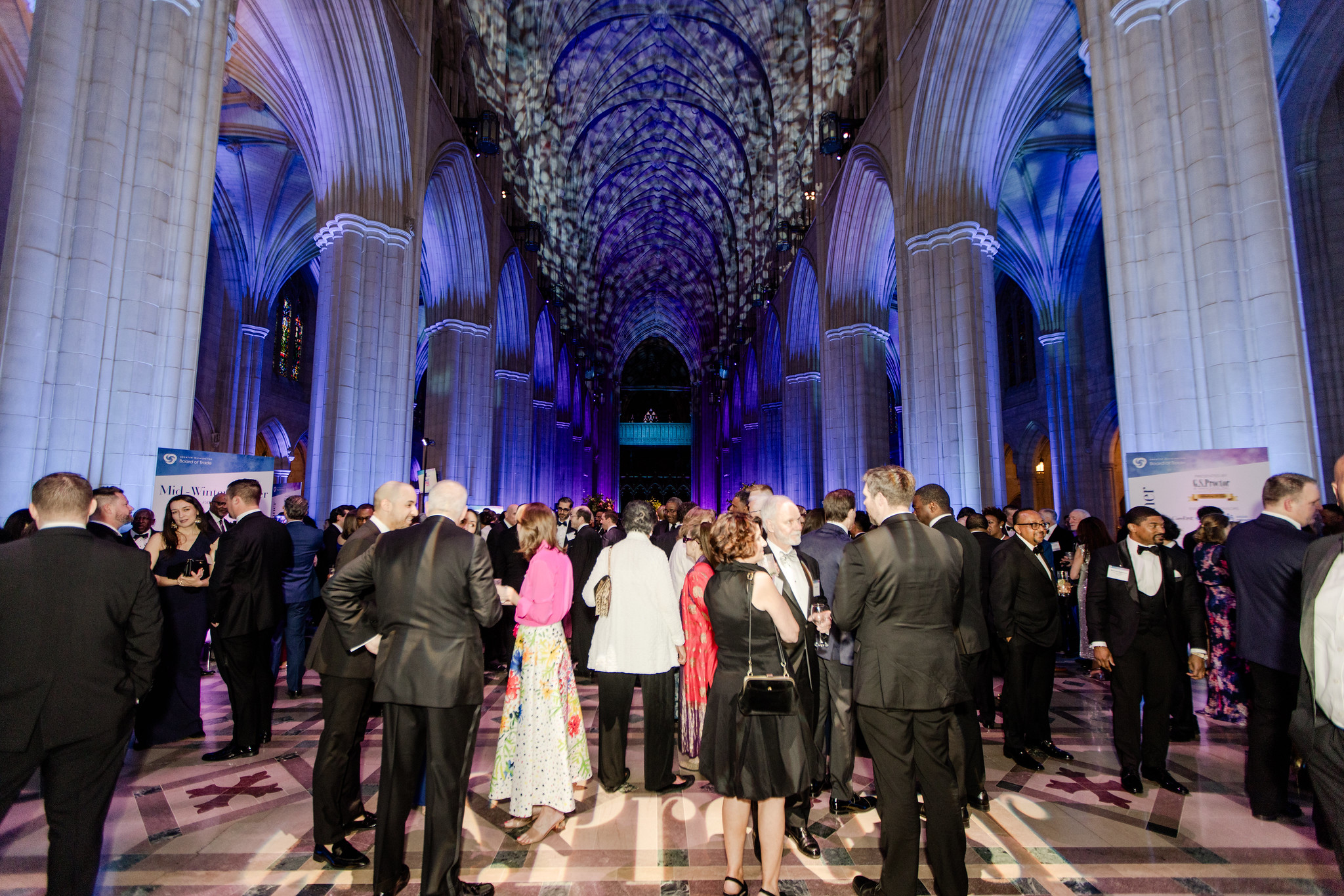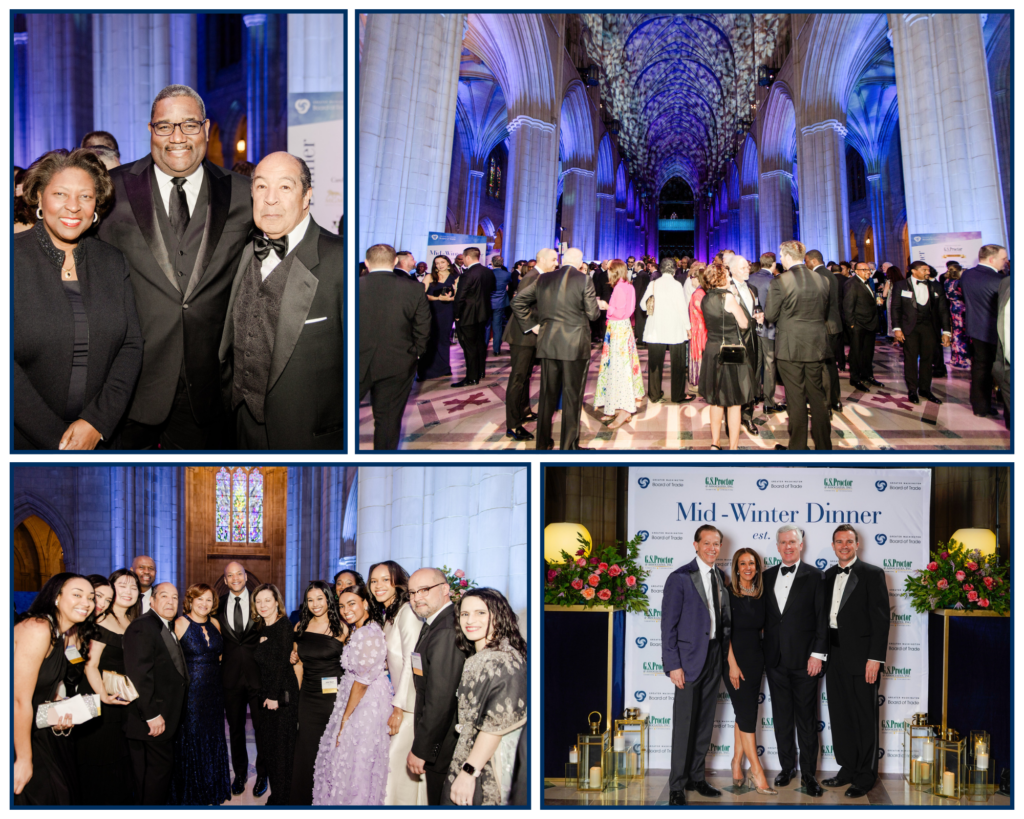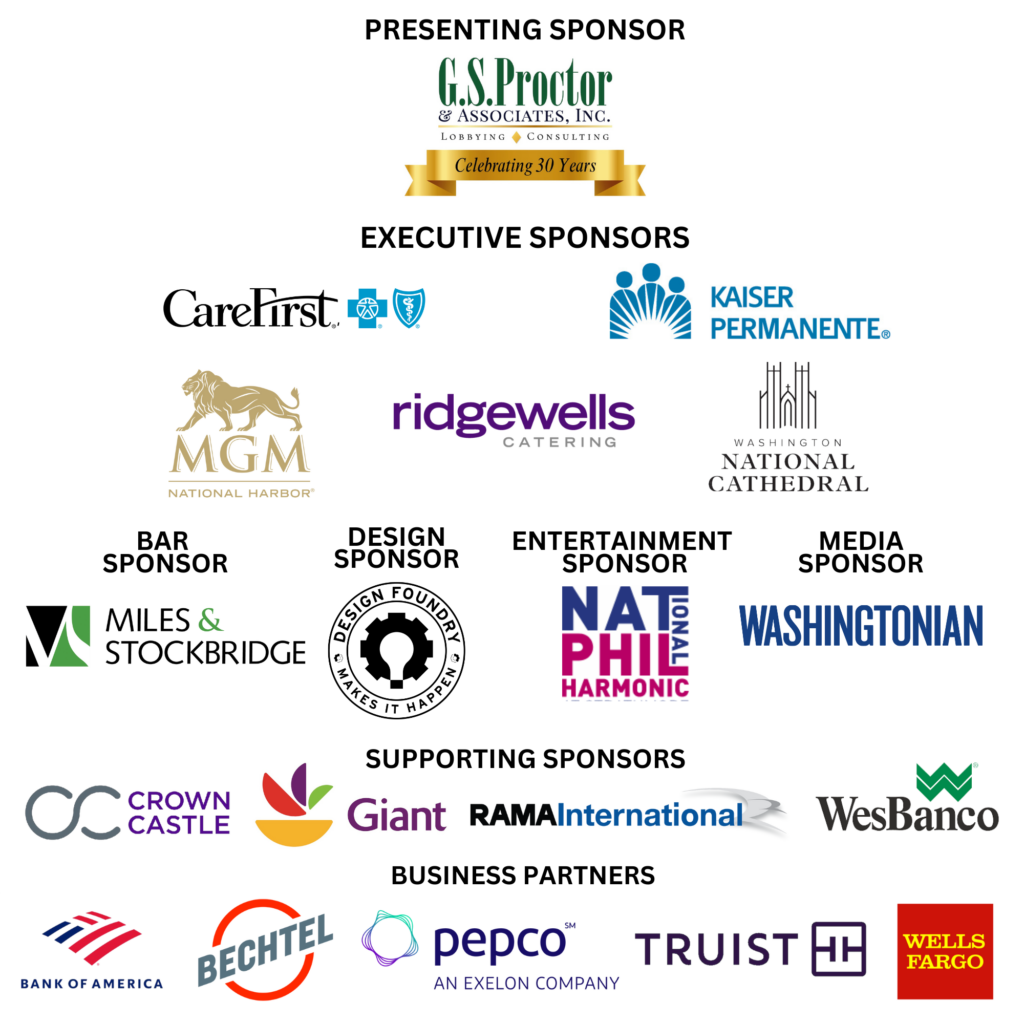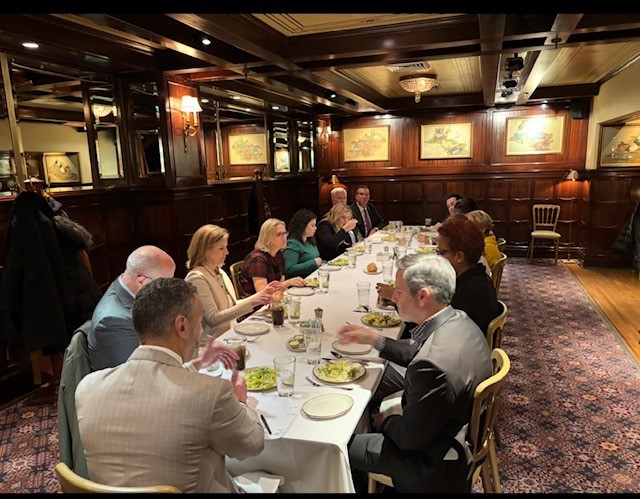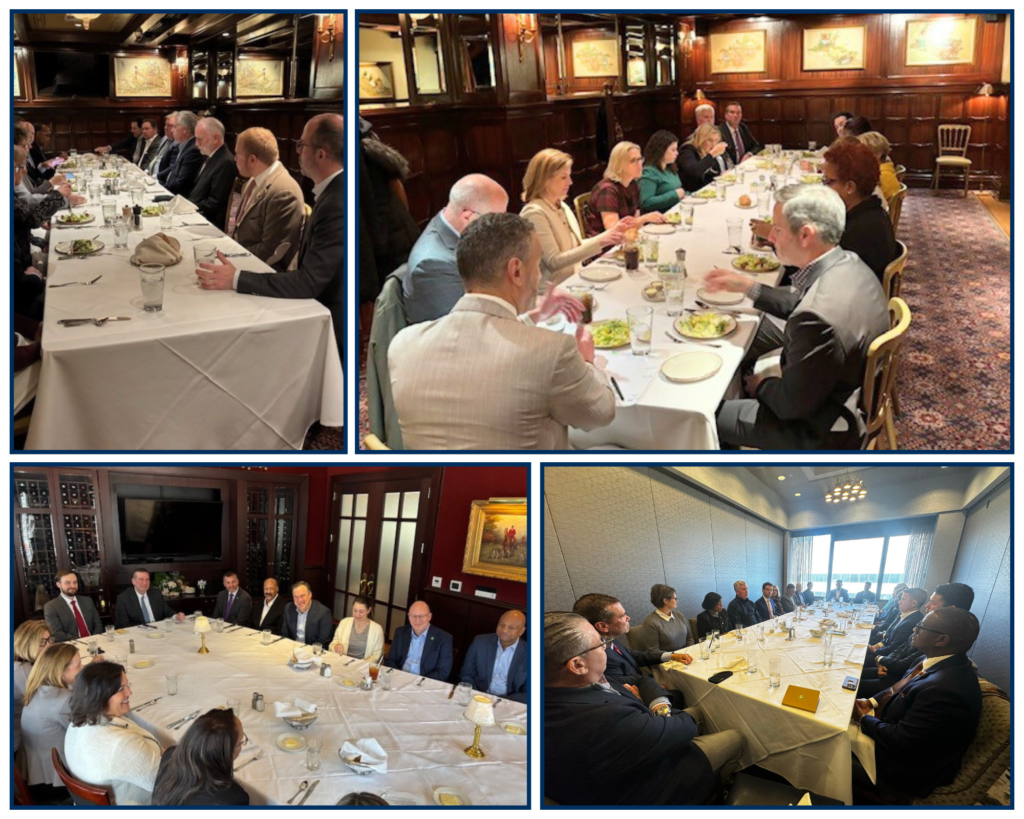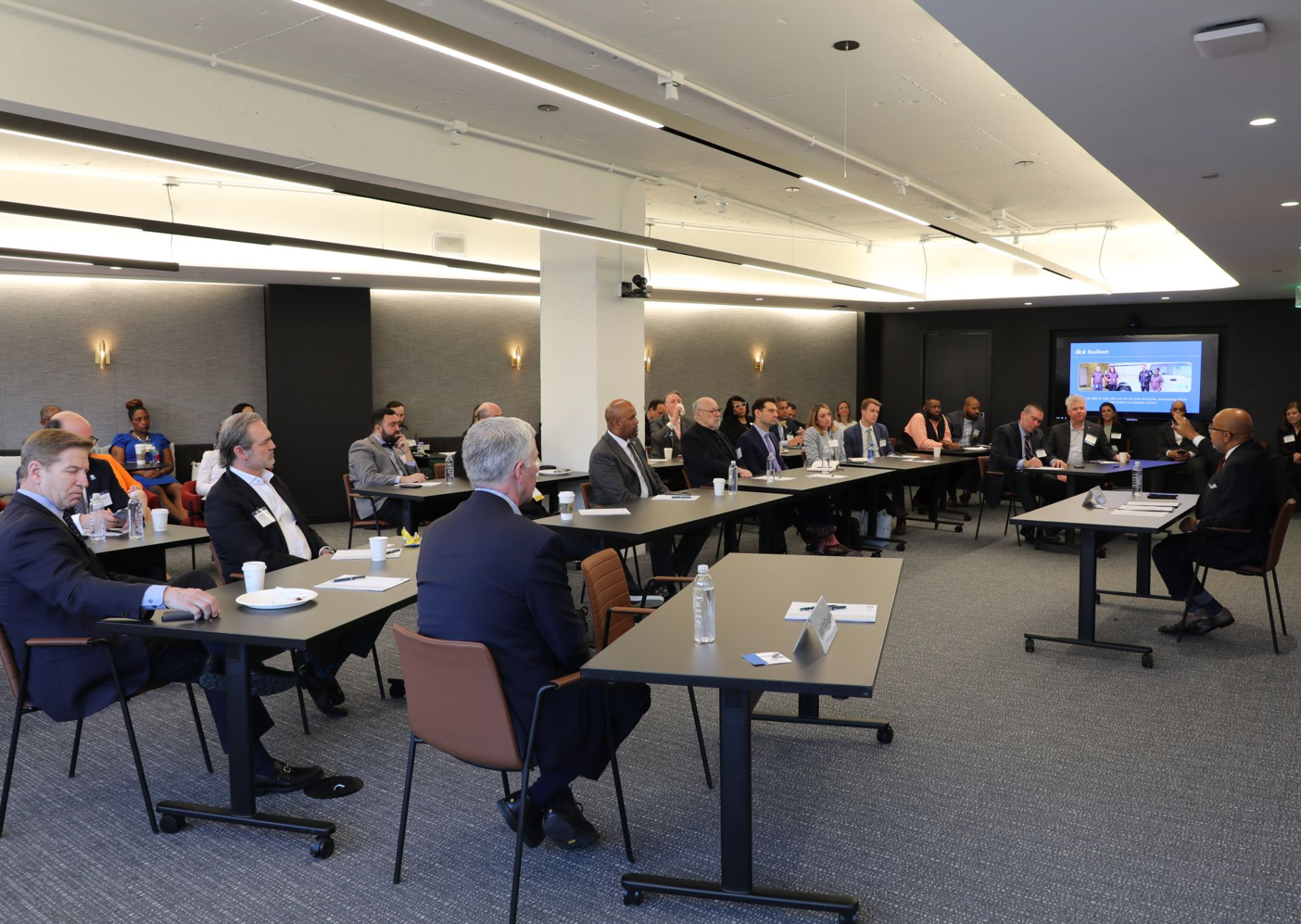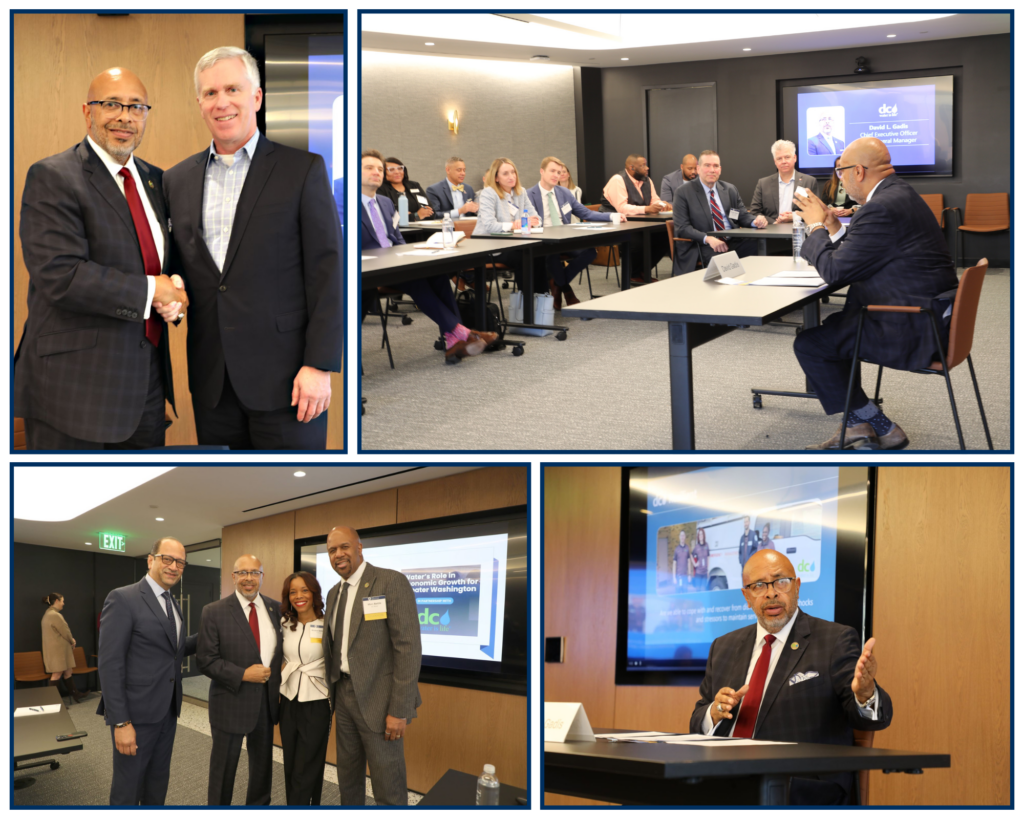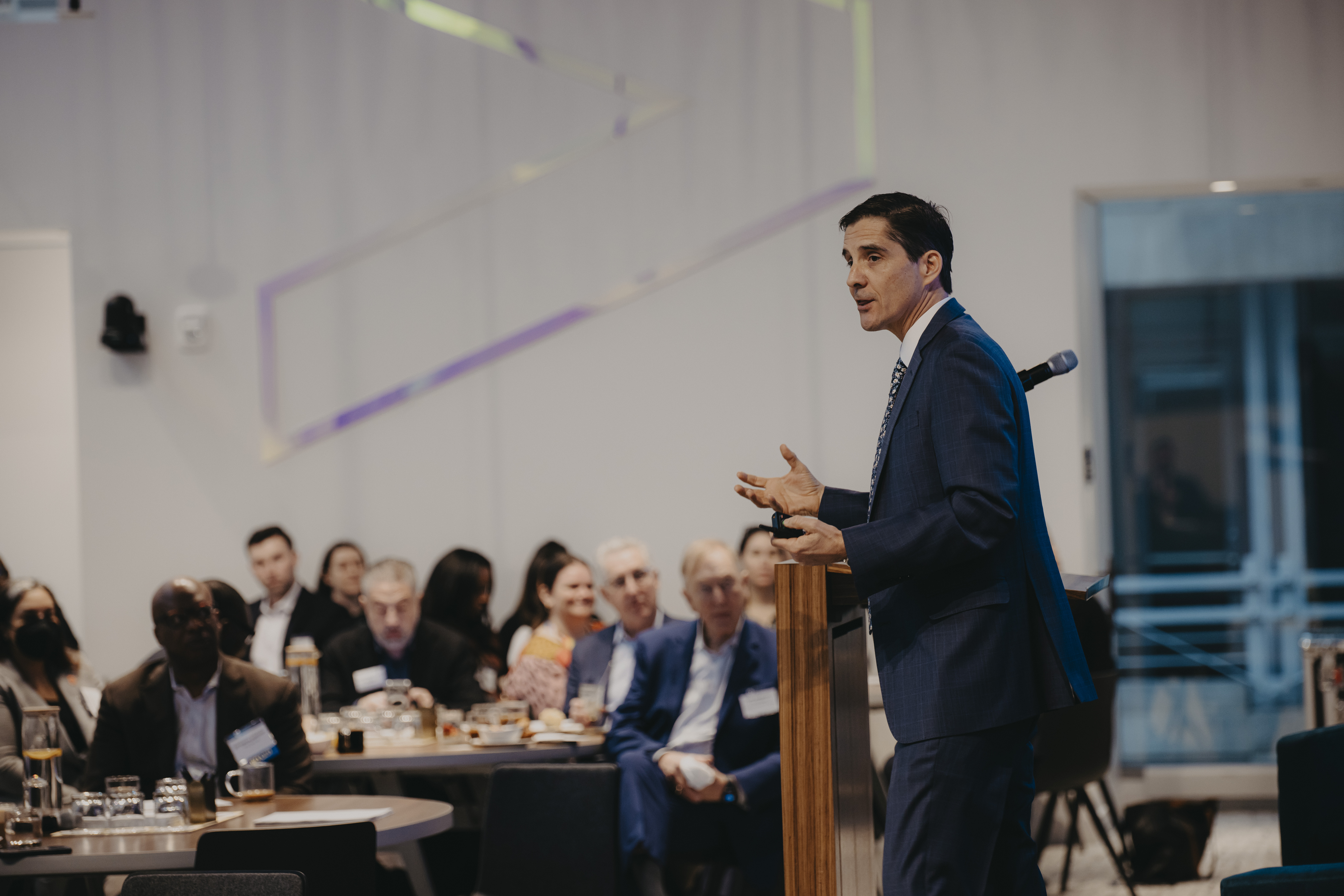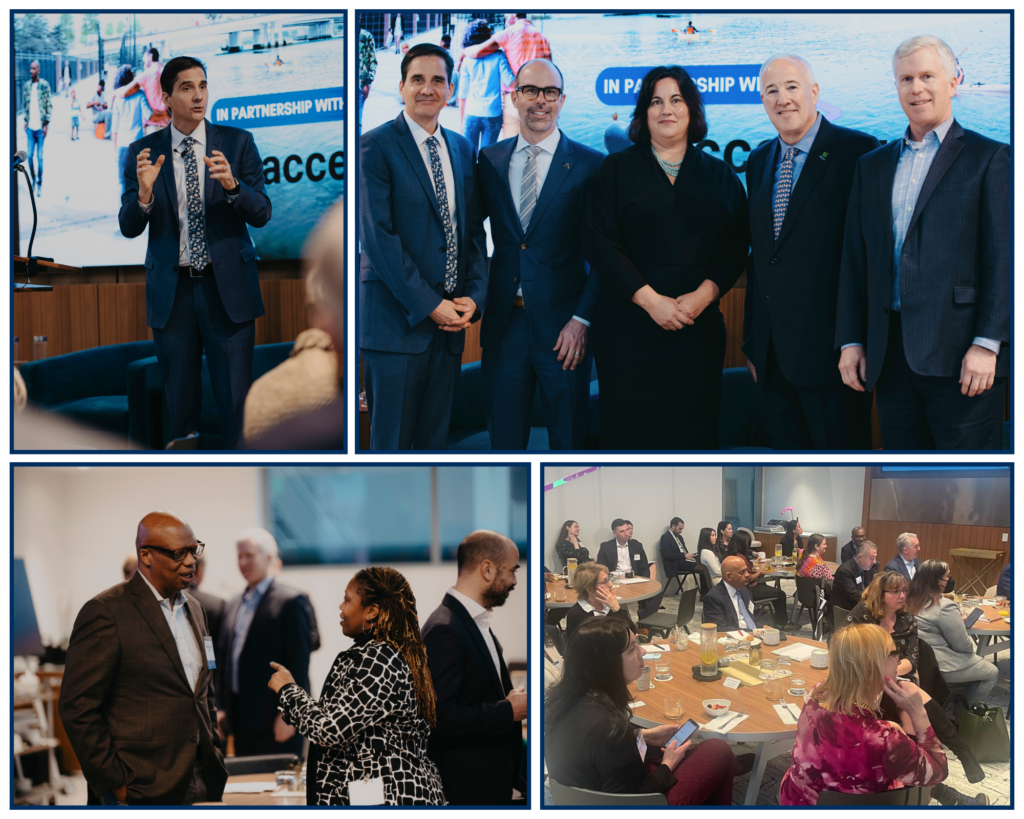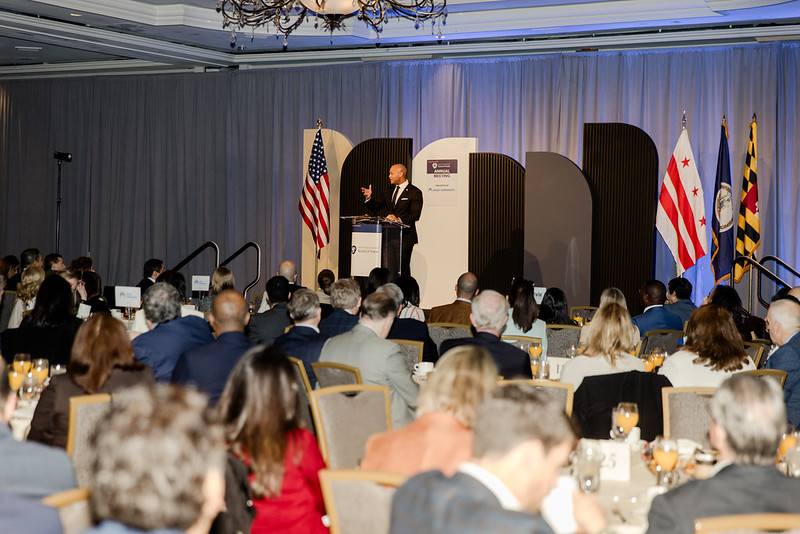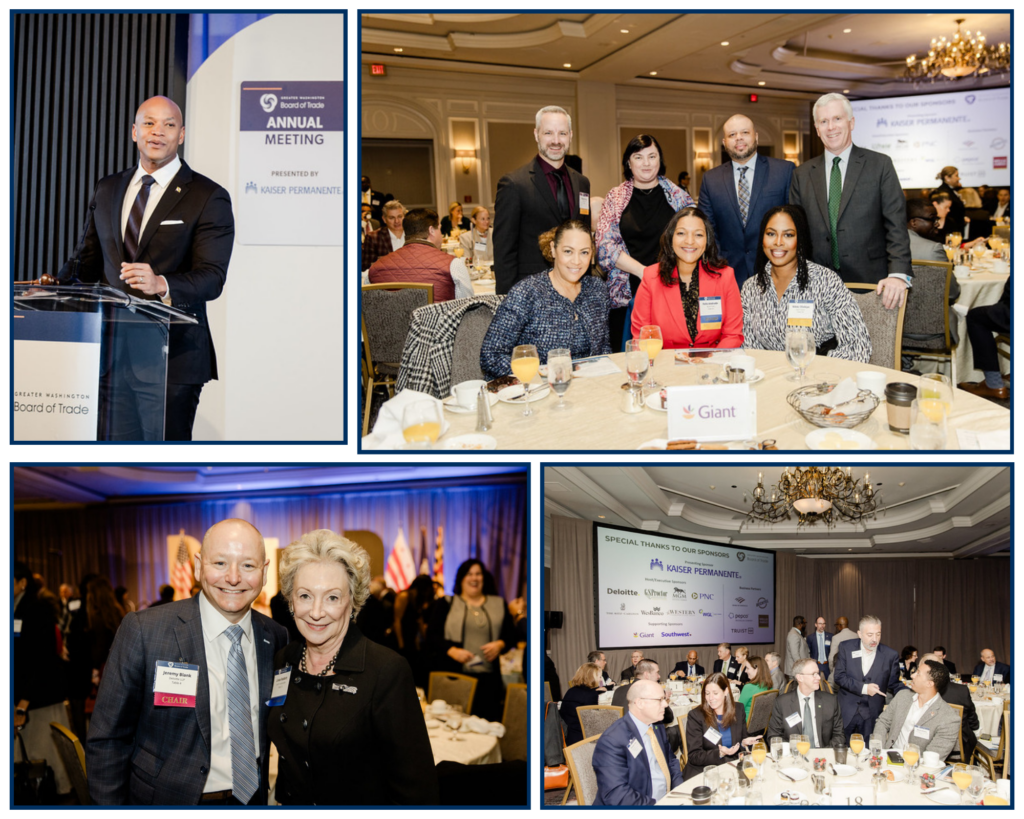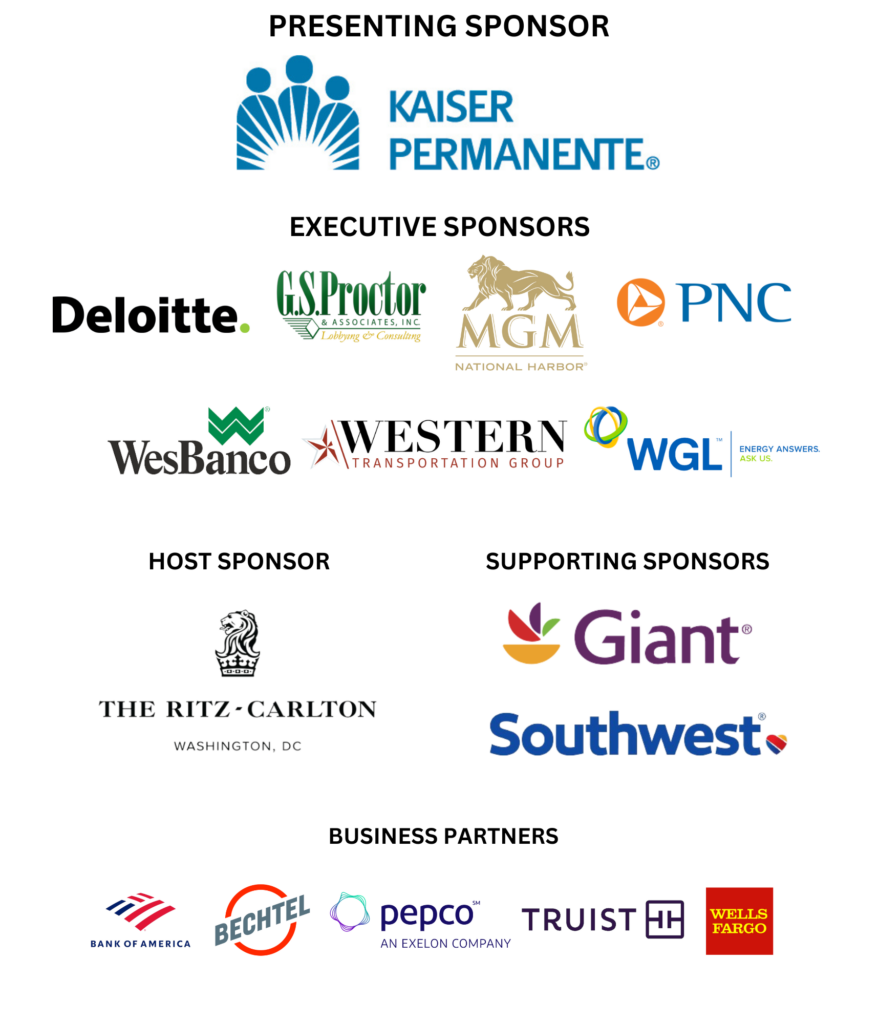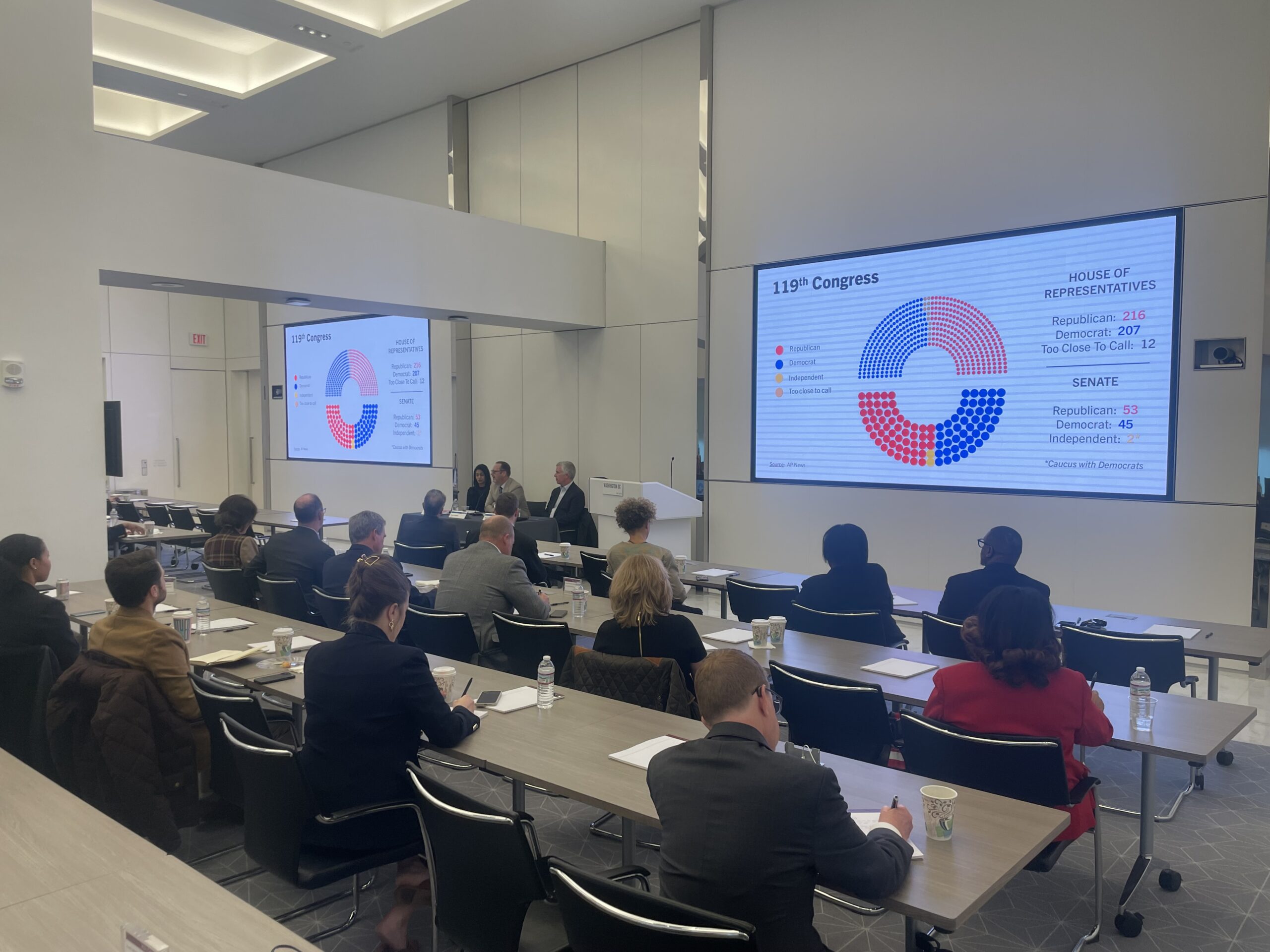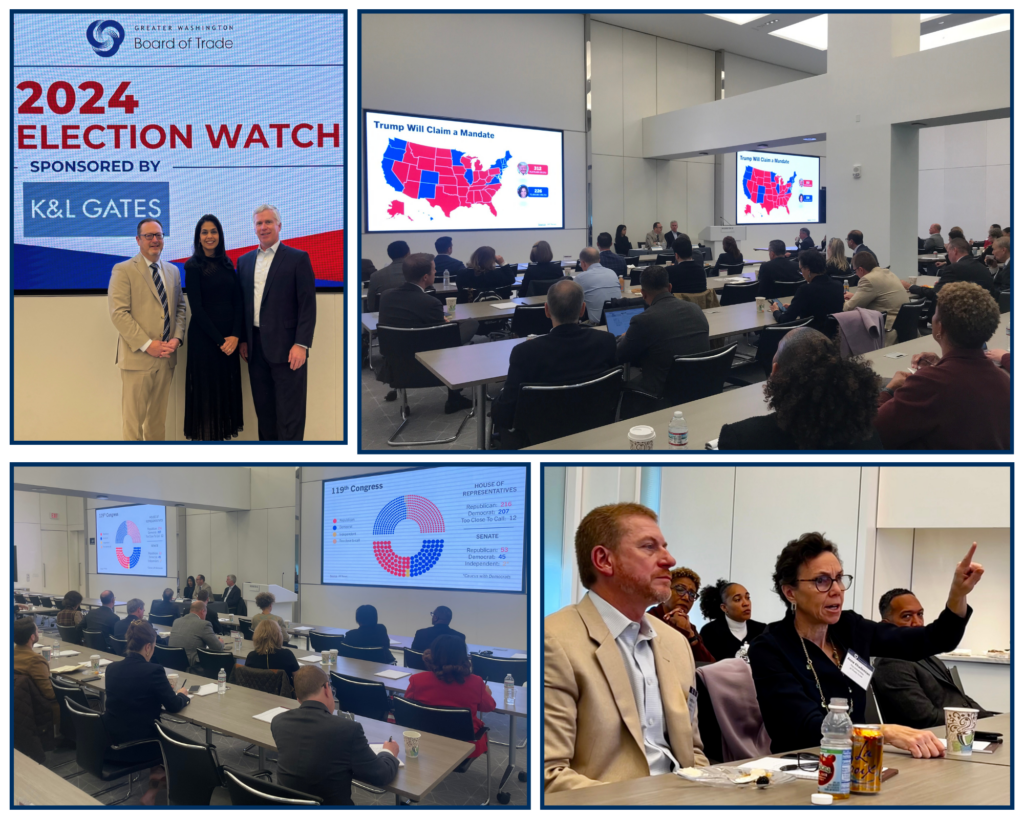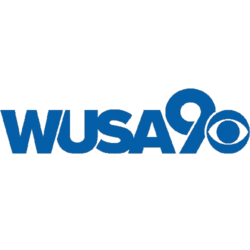At the Board of Trade’s Spring 2025 Board Meeting, 2025 Chair Jeremy Blank and President & CEO Jack McDougle opened with a clear message: the pace and complexity of change across our region is unlike anything we’ve seen before. Federal policy shifts, disruptive technologies, and rising economic pressure are creating real challenges for local governments, employers, and workers alike.
But amid that turbulence lies opportunity—and Greater Washington has the assets, talent, and leadership to shape what comes next. That’s why, throughout this year, the Board of Trade is focused on doing what we do best: bringing people together to think strategically, act collaboratively, and lead with purpose.
Our greatest strength is convening leaders across business, government, academia, and the nonprofit sector—not just to respond to change, but to shape what comes next. We create space to share best practices, spark new ideas, and support business development across the region. While others are focused on immediate needs—which we support and value—we stay focused on the long game: improving the business environment, identifying trends, and helping leaders navigate what’s ahead.
We’ve made meaningful progress on that front, from Metro’s strong recovery to breakthrough conversations on regional transit integration, economic competitiveness, and public-private partnership. But at our Spring meeting, the focus turned toward the future.
Board Members Help Map Greater Washington’s Future
As part of the meeting, board members took part in a facilitated working session: Mapping Greater Washington’s Economic Future. The exercise challenged participants to imagine the region in 2035—either thriving or falling behind—and reflect on what made the difference.
The conversation was candid, energetic, and hopeful. Here are five key themes that emerged:
- Regionalism remains the greatest challenge—and greatest opportunity. Collaboration across jurisdictions is critical to long-term success. New models of coordination, shared economic incentives, and bold leadership are needed to move forward as one region.
- We need a clear regional vision—and a compelling brand. From placemaking to major global events, leaders emphasized the importance of setting bold goals and telling a stronger story about why this region is competitive, connected, and worth investing in.
- The business community must lead the way. While government plays a role, private sector leadership is essential to drive workforce development, infrastructure investment, and long-term economic growth.
- We have the assets—now it’s time to activate them. Whether it’s quantum research, underutilized federal real estate, or the talent pipeline coming out of our universities, our strengths are clear. Now we need alignment and execution.
- We need clear long-term markers. Just as decisions decades ago led to Dulles and the Silver Line, board members called for bold, forward-looking bets that define where we want to be by 2040—and the steps to get there.
The Board of Trade will use these insights to shape our year-round programming and guide the Potomac Conference, a collaborative regional strategy effort with our partners at the Council of Governments, the Consortium of Universities, and the Greater Washington Partnership. As we look forward, one thing is clear: no single organization or jurisdiction can build this region’s future alone. It takes real collaboration—and a shared commitment to something bigger than any one entity.
What’s Next: Organizational Momentum and Member Engagement
Membership engagement and growth remain strong, with new organizations joining the Board’s mission to lead regional progress. Sponsorship and strategic investment continue to reflect deep support from across the business community, while financial stability and operational strength provide a solid foundation for long-term impact. The Board of Trade’s programming and advocacy efforts are also gaining momentum—bringing together business and civic leaders to assess federal policy shifts, hosting high-level conversations like the upcoming Tom Barkin Roundtable and Agenda Watch 2025, and amplifying the business voice through increased visibility in media and policy circles.
The Spring Board Meeting made one thing clear: our region’s future depends on the actions we take today. With growing momentum, a clear strategy, and the deep engagement of our members, the Board of Trade is proud to lead this work—and help build a more competitive, connected, and forward-looking region.
As always, we’re grateful to our members for their leadership, participation, and support. Together, we’re not just responding to change—we’re helping shape what comes next for Greater Washington.
